Sina Queyras - Rooms: Women, Writing, Woolf
Here you can read online Sina Queyras - Rooms: Women, Writing, Woolf full text of the book (entire story) in english for free. Download pdf and epub, get meaning, cover and reviews about this ebook. year: 2022, publisher: Coach House Books, genre: Art. Description of the work, (preface) as well as reviews are available. Best literature library LitArk.com created for fans of good reading and offers a wide selection of genres:
Romance novel
Science fiction
Adventure
Detective
Science
History
Home and family
Prose
Art
Politics
Computer
Non-fiction
Religion
Business
Children
Humor
Choose a favorite category and find really read worthwhile books. Enjoy immersion in the world of imagination, feel the emotions of the characters or learn something new for yourself, make an fascinating discovery.
- Book:Rooms: Women, Writing, Woolf
- Author:
- Publisher:Coach House Books
- Genre:
- Year:2022
- Rating:3 / 5
- Favourites:Add to favourites
- Your mark:
Rooms: Women, Writing, Woolf: summary, description and annotation
We offer to read an annotation, description, summary or preface (depends on what the author of the book "Rooms: Women, Writing, Woolf" wrote himself). If you haven't found the necessary information about the book — write in the comments, we will try to find it.
From LAMBDA Literary Award winner Sina Queyras, Rooms offers a peek into the defining spaces a young queer writer moved through as they found their way from a life of chaos to a life of the mind
Thirty years ago, a professor threw a chair at Sina Queyras after theyd turned in an essay on Virginia Woolf.
Queyras returns to that contentious first encounter with Virignia Woolf to recover the body and thinking of that time. Using Woolfs A Room of Ones Own as a touchstone, this book is both an homage to and provocation of the idea of a room of ones own at the centre of our idea of a literary life.
How central is the room? And what happens once we get one? Do we inhabit our rooms? Or do the rooms contain us? Blending memoir, prose, tweets, poetry, and criticism, Rooms offers a peek into the defining spaces a young queer writer moved through as they found their way from a life of chaos to a life of the mind, and from a very private life of the mind to a public life of the page, and from a life of the page into a life in the Academy, the Internet, and on social media.
With Virginia Woolf alongside them, Queyras journeys through rooms literal and figurative, complicating and deepening our understanding of what it means to create space for oneself as a writer. Their hard-won language challenges us to resist any glib associations of Woolfs famous room with an easy freedom. Inspiring and moving, Queyrass memoir testifies to Woolfs continuing generative power.Mark Hussey, editor of Virginia Woolfs Between the Acts (2011) and author of Clive Bell and the Making of Modernism (2021)
In this beautiful, perceptive book, Sina Queyras moves deftly between the words and wake of Virginia Woolf and their own formation as writer, lover, teacher, friend, and person. Rooms is expert in its depiction of personal and literary histories, and firmly aware of its moment of composition. Reading these pages, I was enticed by Queyrass curiosity and openness, thrilled by the sharp edges of their anger. Tight prose, electric thinking, self-discovery its all here, all abuzz. Rooms is alive. Heather Christle, author of The Crying Book
It is impossible not to question the world as we thought we knew it by the end of this book. Sina Queyras painstakingly aims their extraordinary nerve and talent at Virginia Woolfs idea of a room of ones own: Its a mistake to consider the room without all of its entanglements. Taking Woolfs cue, Queyras explores writing that is not world-building but something far more generous and transformative; as Woolf wrote, Literature is open to everybody. CAConrad, author of AMANDA PARADISE: Resurrect Extinct Vibration
Sina Queyras: author's other books
Who wrote Rooms: Women, Writing, Woolf? Find out the surname, the name of the author of the book and a list of all author's works by series.

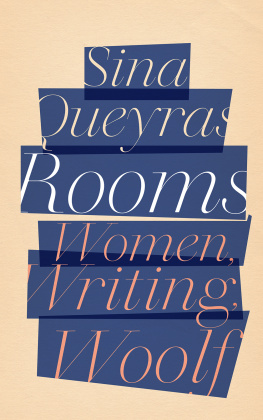
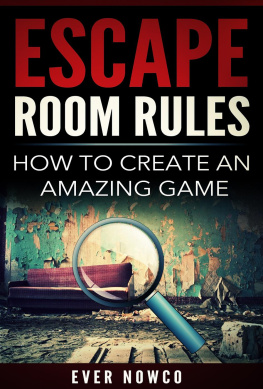
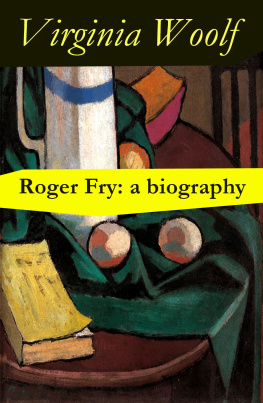


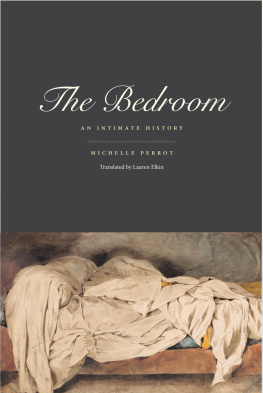
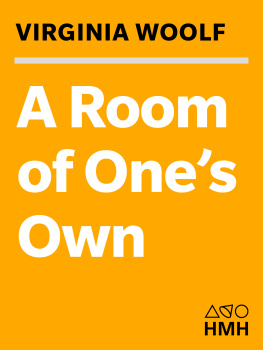
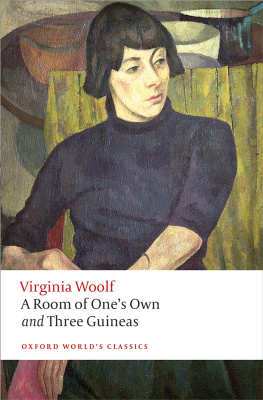
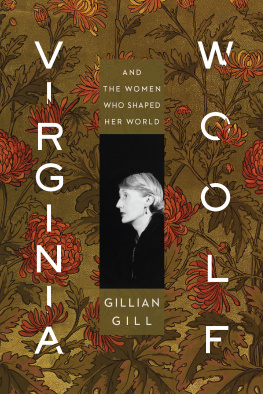

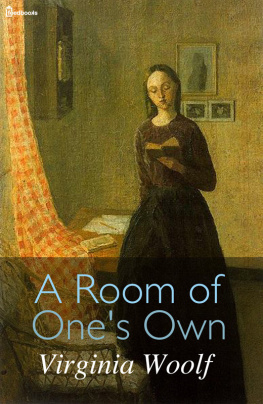
 The book cover has a beige paper-like background with stacked navy blue trapezoids that are overlapping and semi-translucent. The cover text is in a large serif font with one word in each trapezoid.
The book cover has a beige paper-like background with stacked navy blue trapezoids that are overlapping and semi-translucent. The cover text is in a large serif font with one word in each trapezoid.